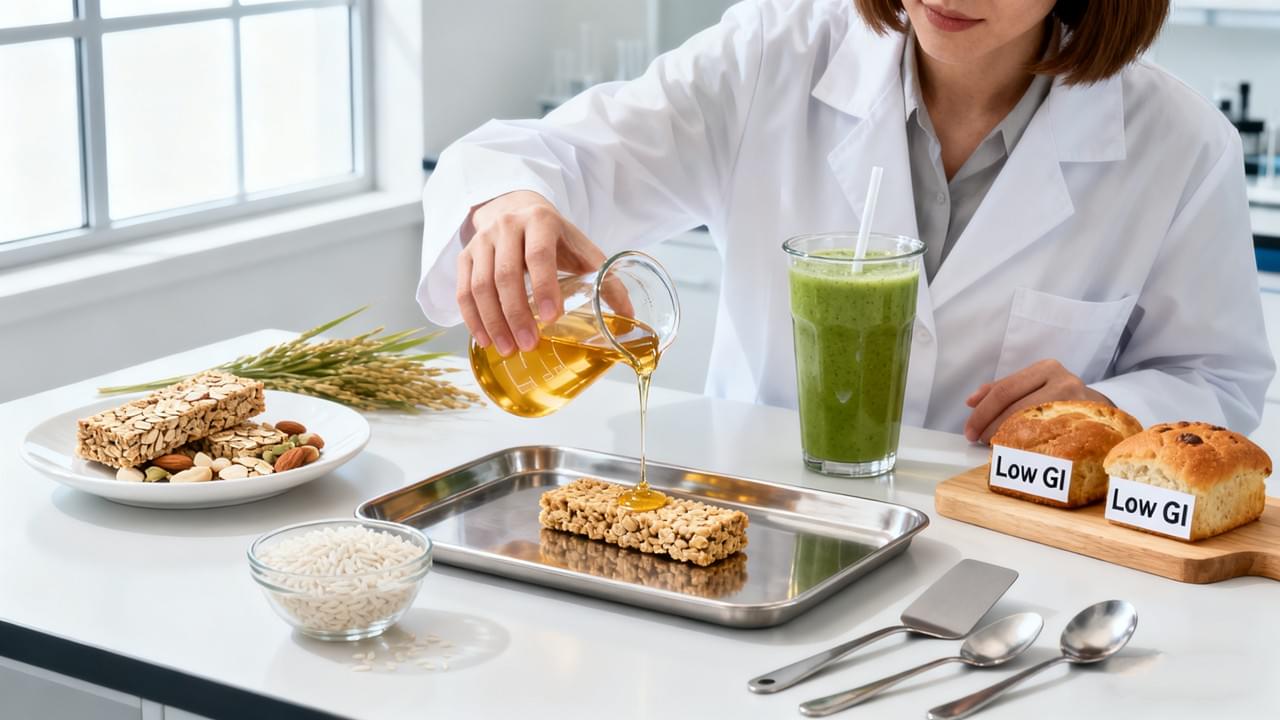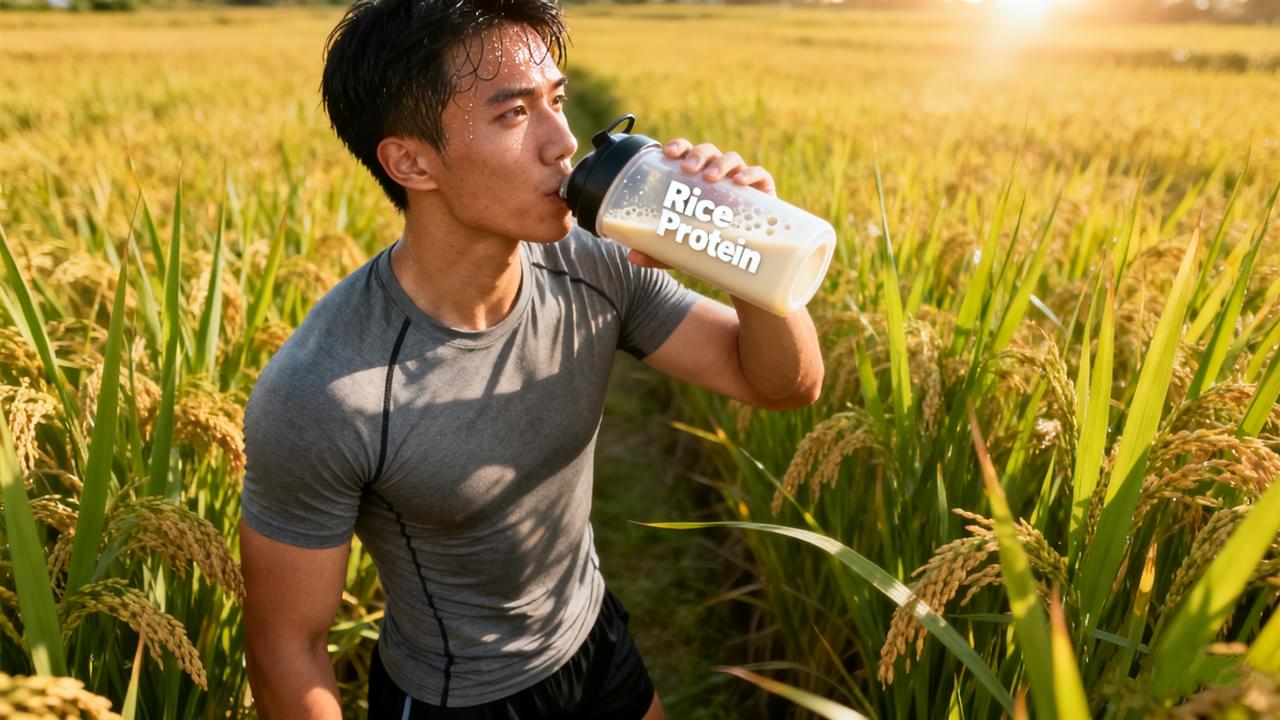When we think of sugar, we often associate it with sweetness, but sugar plays a crucial role beyond just adding sweetness to baked goods. It contributes to the color, aroma, flavor, and texture of baked products. There are various types of sugars and syrups commonly used in baking, including white sugar, powdered sugar, brown sugar, molasses, honey, and syrups like glucose syrup and invert syrup. These sugars are primarily composed of sucrose. Syrups, on the other hand, are viscous liquids made up of a mixture of components like glucose, fructose, maltose, and dextrin.
Understanding the properties of sugar is essential to comprehend its function in baking:
- Sweetness: Sugar’s sweetness is relative, often compared using sucrose as a reference (assigned a sweetness value of 100). For instance, sucrose is sweeter than glucose or maltose.
- Solubility: Sugar dissolves in water, with varying solubility levels among different types. Fructose has the highest solubility, followed by sucrose and glucose.
- Crystallization: Different sugars exhibit varying crystallization tendencies. Sucrose and glucose readily crystallize, while fructose resists crystallization. Syrups like glucose syrup and invert syrup, being mixtures of glucose, fructose, and other compounds, do not crystallize easily.
- Hygroscopicity and Moisture Retention: Some sugars and syrups absorb moisture effectively, enhancing the moistness and shelf life of baked goods. High-fructose syrups and honey increase the moistness of dough, keeping it soft.
- Osmotic Effects: Sugar solutions exert osmotic pressure, contributing to preservation by preventing microbial growth and extending shelf life.
- Caramelization and Maillard Reaction: Sugars like fructose, glucose, and maltose are heat-sensitive and undergo caramelization and the Maillard reaction, producing colors and flavors. These reactions are responsible for browning and the development of complex flavors in baked goods.
- Antioxidant Properties: Sugar solutions have antioxidant properties that help prevent the oxidation of fats, increasing the longevity of products.
In baking, sugars and syrups serve several functions:
- Color Development: Sugar’s caramelization and Maillard reaction contribute to the desirable color and aroma of baked goods.
- Flavor Enhancement: Sugars add sweetness and distinct flavors to baked products, further enhanced by caramelization and Maillard reactions.
- Texture Improvement: Sugars provide structure, improving the texture and appearance of baked goods.
- Yeast Nutrition: Sugars serve as energy sources for yeast fermentation, promoting dough rise. However, excessive sugar can inhibit yeast growth.
- Dough Manipulation: Sugar affects dough hydration, gluten development, and overall handling characteristics.
- Preservation: Sugar’s hygroscopic and osmotic effects, along with its antioxidant properties, extend the shelf life of baked products.
- Nutritional Value: Sugar contributes calories and energy to baked goods.
- Decoration: Sugars like crystallized sugar and powdered sugar are used for decorative purposes, enhancing visual appeal.
To exemplify these principles, Deli Foods, a renowned Chinese sugar manufacturing company, produces a variety of high-quality syrups that can be utilized extensively in baking.
Remember that understanding the properties and effects of different sugars and syrups empowers bakers to create delightful and visually appealing treats with the desired texture and taste.




